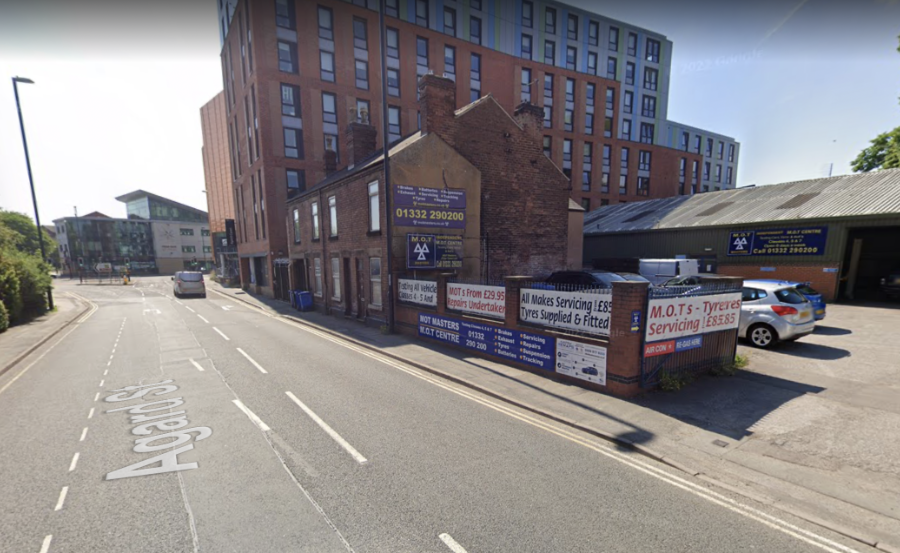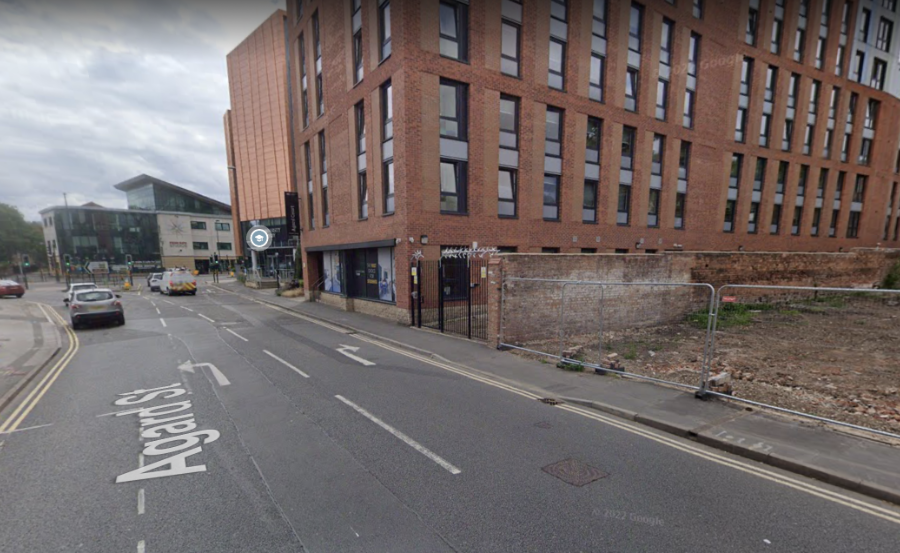Actor Rebecca Ferguson mentioned in an interview recently that the Mission: Impossible films do not have a script. She said, more or less, that they are made up as they go.
With all respect to Ferguson, I heard this and thought aye, aye, another actor. I have heard similar claims about Mission before, but this sounded so like the time the New Tricks cast claimed that they rewrote all that show’s scripts. If you don’t happen to remember the two times the whole cast — and such a good cast — said this bollocks, it was bollocks.
Okay, that’s true but unhelpful. The cast of the BBC series said this, the crew said “prove it”. Show us one comma difference between the scripts as the writers delivered them and the lines that this cast then delivered.
There wasn’t one single pixel difference and you knew there wouldn’t be. Or I’m suddenly minded again of Lisa Kudrow going on at some length about all the work she’d done to create her Friends character — and the interviewee finally giving up and pointing out that everything she’d said was already there in the bloody script.
Only…
Ferguson was fully and completely correct. Since reading her saying that, I’ve heard two specific examples to prove it, and to make me choke on a biscuit.
First, if you have seen any of the promotion for the forthcoming seventh Mission: Impossible film, you’ve seen Tom Cruise riding a motorbike off the edge of a cliff.
We’ve all done that.
But apparently, when they shot that sequence, they didn’t actually know why his character was doing this.
And then during the protracted, COVID-delayed shoot, an apparently significant new character was added late in the day – and not named.
I don’t know if she had completed filming before the character was given a name, but it was close.
All of which is enough to make my writer-brain stumble — and especially so because it works. Well, to be clear, these examples are from Mission 7 and that’s not out yet, but the last few films have apparently been done the same way and they work very well.
(The first Mission: Impossible is excellent, and was also properly written in advance. I’ve read the script. Mission 2 is dreadful, Mission 3 is weirdly almost-good-yet-not, and then all the others since have been very good and, I believe, getting progressively better.)
So.
I have always believed that whatever gets you to the finishing line in writing a script is fine. Plan everything or wing it, outline everything or just make it up as you go, it doesn’t matter. As long as the final script works, whatever it took to get there is fine.
But I do mean the script. I mean the work to get that document done. Mission: Impossible skips all of that writing and just heads out there to fantastic locations with great cameras.
Except.
It really does bother me that this can be true, and it really does seem to me that it works.
Plus I like very much that there is an attention to detail in these films, it doesn’t end up as slapdash as it sounds like it could do. For just one instance that actually made me happy, there is a two-second long moment in the Mission 7 trailer that precisely re-enacts a shot from the first film. It’s at 24 seconds in, where Kittridge (Henry Czerny) and Hunt (Cruise) make the same distinctive head movements and are shot from the same angles as in a key scene from 1996. It’s done for no reason other than it’s right, and that sings out “writer” to me.
And.
Just in talking to you, just in thinking about this excessively and then unburdening myself to you, I think I understand. By which I mean I can reconcile the difference between writing a script and just filming things until they work.
The makers of Mission: Impossible are writing the film in exactly the same way a screenwriter might. When you’re writing, you might try out characters, you of course think of ways to improve them. You can have a great idea for a sequence and then spend ages figuring out how best to fit it in.
It’s just that the Mission people are doing all of this on location, they’re doing it on film. They’re also spending a mere $290 million to do it in.
But at least they save on not having to buy a copy of Final Draft.


